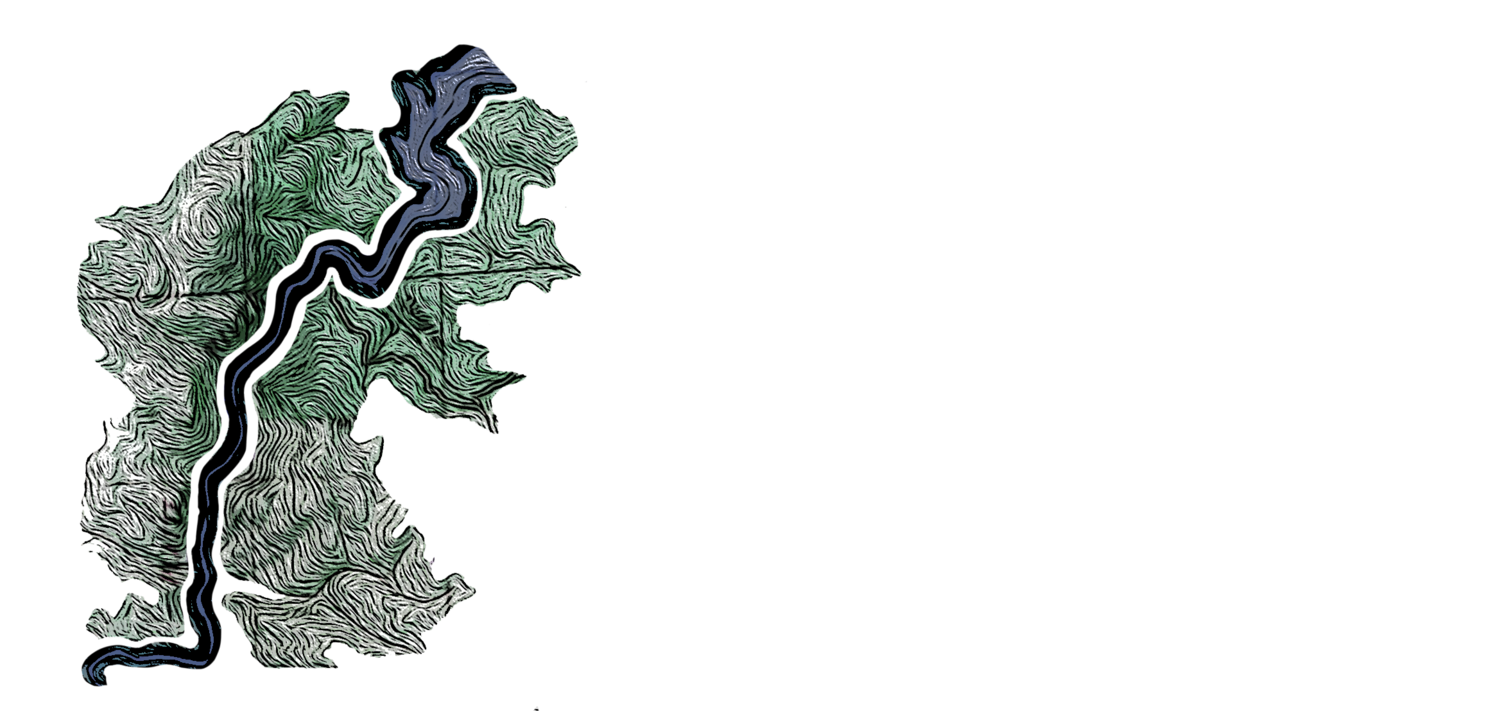A Public Apology
Dear Serena Chopra,
I am writing this to you, and as an open letter to our community, to apologize and work toward reconciliation. Thank you for the heartfelt, complex conversation in December, set up by Kate Speer and facilitated by Helanius Wilkins. I'm filled with gratitude for all three of you for your generous, thoughtful participation in this process.
In 2018 we broke off our collaboration on Control Group’s show Watching Night Falling mid-process. What for me was a struggle to navigate funding and schedule challenges was for you an excruciating break of trust and respect, and pressure to leave a project in which you had invested extensive, vulnerable work. I'm deeply sorry for my actions that contributed to this awful experience with Control Group.
I invited you and other collaborators into this project despite lacking the funding that our original vision hoped for, and with less organized planning than we all needed. This paved the way for misunderstandings that deteriorated trust as the project progressed. I'm sorry I failed to build a clear, mutual agreement about expectations for our work together before it began.
In our work together, I invited you to share your personal stories and experiences around immigration and the North Aurora community, the project’s core topic and an area where you have unique experience. But my directorial feedback on your contributions – asking for a more balanced treatment of gentrification – left you feeling that I was criticizing your perspective. I’m sorry that I delivered our artistic process in a way that left you feeling disrespected and devalued.
Partway through our rehearsal process, I asked if you would be willing to split your fee with another artist, sharing with you that Control Group didn't have any other funds available. In retrospect, I realize that was incredibly insensitive and problematic within my role as collaborator and leader of the project. I understand how this acted out a trope of systemic oppression: a white cis-man in a power position pressuring a BIPoC, queer, female collaborator to work for less. I'm sorry that I acted out this awful trope, and thereby damaged our trust. I’m deeply sorry for making this request to you, and for the hurt I inflicted.
This led to a breakdown in trust that resulted in you feeling pressured to leave the project. I sent you less than a third of the originally agreed upon artist fee, despite you having requested half for your services. We agreed that I would not use the contents you had created during the process, and the remaining collaborators and I restructured the project accordingly. We shifted the focus toward stories drawn from local history and ecology, but retained several ideas you contributed in group brainstorms. This experience left you feeling robbed of the work and ideas that you had contributed to the project. I’m sorry that I communicated in a way that ruptured your trust in me, and sorry I wasn’t able to honor your fee request, which I realize heightened your experience of delegitimization. I am particularly sorry for the outcome: that my actions prevented you from continuing with our shared work, weakened the project, and left you feeling that I had stolen your work and ideas.
My goal in any collaboration is to cultivate trust and support growth in everyone involved, and together to build something that extends far beyond our original vision. I have spent a lot of time over the last two years trying to understand and learn from this situation and others like it that I have had with other collaborators. Our recent conversation was very helpful in moving me forward in this work – again, thank you for being willing to re-engage honestly and vulnerably. I’ll continue to work to identify habits, assumptions, and interpersonal moments that deteriorated trust with you, and to find ways to shift/avoid/undo these tendencies in order to be a trustworthy collaborator and leader.
Earlier this fall, with the support of Control Group’s board, I assembled a set of commitments to actions and policies designed to avoid these types of situations. You can find them here.
Based on our conversation, I will also continue to work to build embodied empathy around this and other experiences of conflict, and recognize the heightened challenges Queer, BIPoC, and many other people face in being seen and validated within the systemic oppressions of our social space. I look forward to mobilizing these ideas in my daily being-in-the-world and in my work, with a goal of building a collaborative creative practice defined by radical trust, working on deep and patient listening, and seeking ways for us to step together away from those social structures into more mutually nourishing spaces.
Sincerely,
Patrick Mueller
